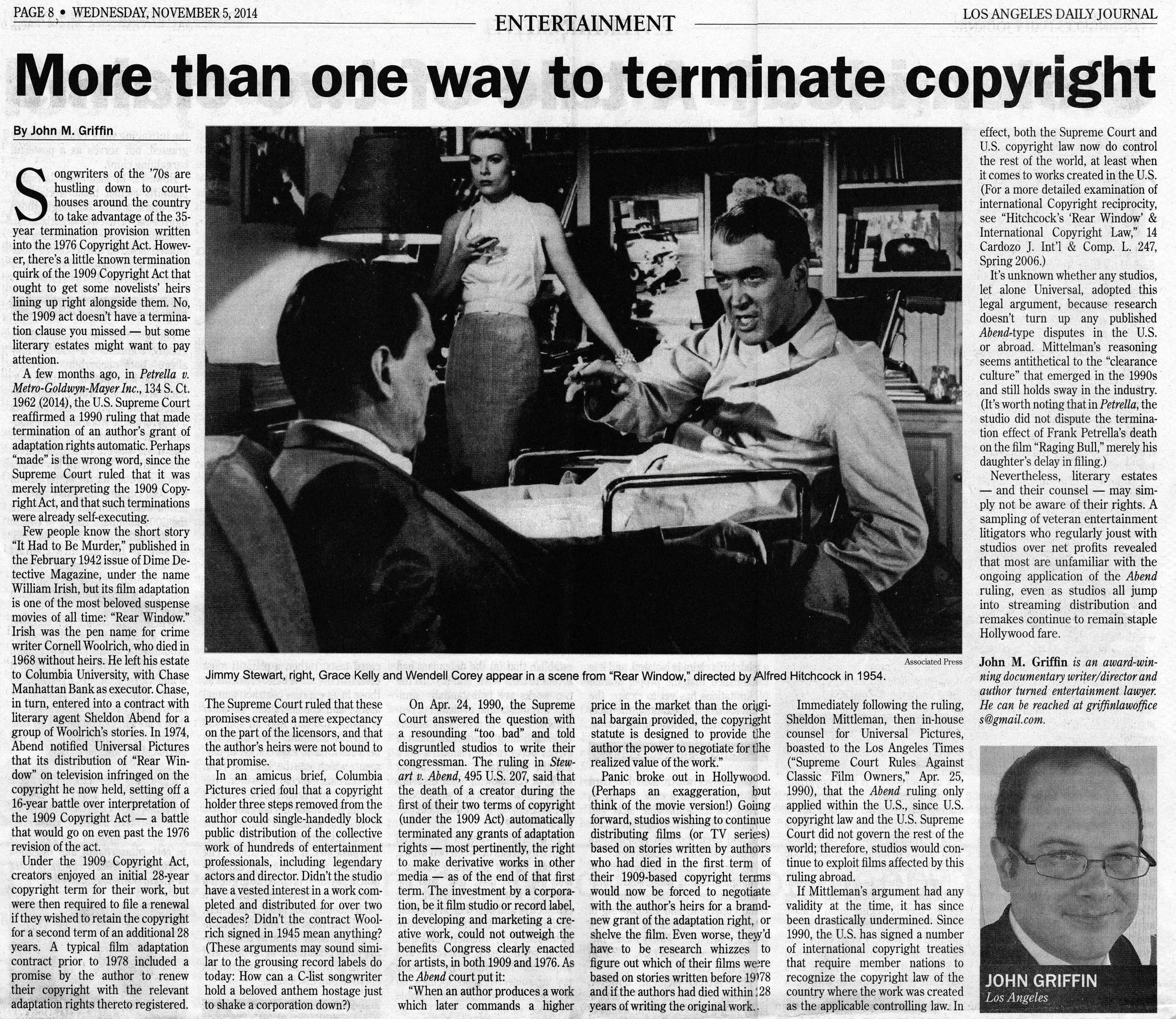
Technically, Canada is pre-approved to join the US
How Texas' seller's remorse led to a reaffirmation of Canada's right to join the US at any time.
Technically, Canada is pre-approved to join the US
How Texas' seller's remorse led to a reaffirmation of Canada's right to join the US at any time.
OK, bear with me. First of all, I’m not a Constitutional scholar and I’m sure there’s a lot of nuance I’m skipping for the sake of fun. Second, there’s a big lead up to the payoff, but it’s all kind of amusing.
After the Civil War, there was a lot of disagreement about how to treat the Southern States. Are they conquered nations? Should they be demoted from states to territories or protectorates? Or are we going to pretend this never happened, Constitutionally? (spoiler: the last one)
Perhaps taking advantage of the confusion, the post Civil War State of Texas decided to renege on a deal it made during the War. To raise money for military operations, the State had sold some bonds (what’s a bond? you can look that up, but it’s like stocks, intangible financial property documented on paper) to some dudes. Now, the States wanted to get those bonds back, for free, and sued the buyers, claiming the sale was invalid for a number of reasons. As one dissenting Supreme Court Justice said, it was like a “plea of temporary insanity.” Damn, Texas, way to welch! (Uh, no offense intended to any Welsh-Americans with Texas roots, I doubt this was cooked up by a Welshman).
Now, the post-Civil War Supreme Court did not want to reward those dudes for supporting the south, but if you said that one official act that Texas took during the war was null, it was going to mean that every single government document from a dog license to a parking ticket was going to be rendered invalid - total chaos, cats and dogs living together, yadda yadda. So they made a call on the question I described above - and said the secession never legally happened. The Confederacy never legally existed and the states involved were simply in a state of insurrection for those years.
And what did they point to for this decision, you ask?
OK, so you remember how the Constitution starts with “in order to form a MORE PERFECT union” (my caps)? What the F does that mean? Were we just being mean girls, trying to neg our neighboring countries, by saying their governments are perfect, but ours is going to be MORE perfect than theirs, nyah nyah? No, but for reals, what the Constitution is admitting is that it is merely an extension of the Articles of Confederation. After the nascent US declared its independence in 1776, it had to put SOMETHING into place until a full-on Constitution could be written. So the Articles of Confederation was our placeholder organizing national document for 12 years. By referencing the AoC, the Constitution re-affirmed that we had actually HAD a country for those previous 12 years; we weren’t just in limbo until 1789.
OK, so SCOTUS looks back at the AoC and sees that it says that the individual States are forming a “perpetual union”, meaning that there was no out, no backsies, no divorce or annulment. Therefore, the southern states never had any legal right to actually BE a separate government. They proclaimed that anything the Texas government did during the period of secession will be considered an official government act (sorry, you can’t get your marriage annulled due to Civil War) … except for treasonous acts, which includes, you guessed it, selling bonds to raise war funds. So the bond sales were nullified, returned to Texas, but all of our dog licenses are still valid, despite saying “Confederate State of Texas” on the certificate.
WHAT DOES THIS HAVE TO DO WITH CANADA?
Oh, right, I forgot the punch line. So, Article 11 of the AoC says: “Canada acceding to this confederation, and joining in the measures of the united states, shall be admitted into, and entitled to all the advantages of this union: but no other colony shall be admitted into the same, unless such admission be agreed to by nine states.” What this means is that Canada has a standing invitation to join the US whenever it wants, and this admission is automatic; they don’t need the states to approve it, like we would for an amendment to the Constitution. And because SCOTUS reaffirmed the foundational importance of the AoC in 1869, they also reaffirmed the right of Canada to automatically join whenever they want.
TRUE FACTS!

More Than One Way to Terminate Copyright (Daily Journal)
originally published in the Daily Journal, Nov. 6, 2014
Songwriters of the ‘70s are hustling down to courthouses around the country to take advantage of the 35-year termination provision written into the 1976 Copyright Act. However, there’s a little known termination quirk of the 1909 Act that ought to get some novelists’ heirs lining up right alongside them. No, the 1909 Act doesn’t have a termination clause you missed -- but some literary estates might want to pay attention.
A few months ago, in Petrella v. MGM, 572 U.S. ____ (2014), the Supreme Court reaffirmed a 1990 ruling that made termination of an author’s grant of adaptation rights automatic. Perhaps “made” is the wrong word, since SCOTUS ruled that it was merely interpreting the 1909 Copyright Act, and that such terminations were already self-executing.
Few people know the short story “It Had to Be Murder,” published in the February 1942 issue of Dime Detective Magazine, under the name William Irish, but its film adaptation is one of the most beloved suspense movies of all time – Rear Window. Irish was the pen name for crime writer Cornell Woolrich, who died in 1968 without heirs. He left his estate to Columbia University, with Chase Manhattan Bank as executor. Chase, in turn, entered into a contract with literary agent Sheldon Abend for a group of Woolrich’s stories. In 1974, Abend notified Universal Pictures that its distribution of Rear Window on television infringed on the copyright he now held, setting off a 16 year battle over interpretation of the 1909 Copyright Act – a battle that would go on even past the 1976 revision of the Act.
Under the 1909 Copyright Act, creators enjoyed an initial 28-year copyright term for their work, but were then required to file a renewal if they wished to retain the copyright for a second term of an additional 28 years. A typical film adaptation contract prior to 1978 included a promise by the author to renew their copyright with the relevant adaptation rights registered to. The Supreme Court ruled that these promises created a mere expectancy on the part of the licensors, and that the author’s heirs were not bound to that promise.
In an amicus brief, Columbia Pictures cried foul that a Copyright holder three steps removed from the author could single-handedly block public distribution of the collective work of hundreds of entertainment professionals, including legendary actors and director. Didn’t the studio have a vested interest in a work completed and distributed for over two decades? Didn’t the contract Woolrich signed in 1945 mean anything? (These arguments may sound similar to the grousing record labels do today: how can a C-list songwriter hold a beloved anthem hostage just to shake a corporation down?)
On April 24, 1990, the Supreme Court answered the question with a resounding “too bad” and told disgruntled studios to write their Congressman. The ruling in Stewart v. Abend 495 U.S. 207 (1990) said that the death of a creator during the first of their two terms of copyright (under the 1909 Act) automatically terminated any grants of adaptation rights -- most pertinently, the right to make derivative works in other media – as of the end of that first term. The investment by a corporation, be it film studio or record label, in developing and marketing a creative work, could not outweigh the benefits Congress clearly enacted for artists, in both 1909 and 1976. As the Abend court put it:
“When an author produces a work which later commands a higher price in the market than the original bargain provided, the copyright statute is designed to provide the author the power to negotiate for the realized value of the work.”
Panic broke out in Hollywood. (Perhaps that’s an exaggeration, but think of the movie version!) Going forward, studios wishing to continue distributing films (or TV series) based on stories written by authors who had died in the first term of their 1909-based copyright terms would now be forced to negotiate with the author’s heirs for a brand-new grant of the adaptation right, or shelve the film. Even worse, they’d have to be research whizzes to figure out which of their films were based on stories written before 1978 and if the authors had died within 28 years of writing the original work.
Immediately following the ruling, Sheldon Mittleman, then in-house counsel for Universal Pictures, boasted to the Los Angeles Times (“Supreme Court Rules Against Classic Film Owners,” 4/25/90), that the Abend ruling only applied within the U.S., since U.S. Copyright law and the U.S. Supreme Court did not govern the rest of the world; therefore, studios would continue to exploit films affected by this ruling abroad.
If Mittleman’s argument had any validity at the time, it has since been drastically undermined. Since 1990, the U.S. has signed a number of international Copyright treaties that require member nations to recognize the Copyright law of the country where the work was created as the applicable controlling law. In effect, both the Supreme Court and U.S. Copyright Law now do control the rest of the world, at least when it comes to works created in the U.S. (For a more detailed examination of international Copyright reciprocity, see Hitchcock's "Rear Window" & International Copyright Law [14 Cardozo J. Int'l & Comp. L. 247, Spring, 2006].)
It’s unknown whether any studios, let alone Universal, adopted this legal argument, because research doesn’t turn up any published Abend-type disputes in the U.S. or abroad. Mittelman’s reasoning seems antithetical to the “clearance culture” that emerged in the 1990s and still holds sway in the industry. (It’s worth noting that in Petrella, the studio did not dispute the termination effect of Frank Petrella’s death on the film Raging Bull, merely his daughter’s delay in filing.)
Nevertheless, literary estates – and their counsel -- may simply not be aware of their rights. A sampling of veteran entertainment litigators who regularly joust with studios over net profits revealed that most are unfamiliar with the ongoing application of the Abend ruling, even as studios all jump into streaming distribution and remakes continue to remain staple Hollywood fare.
